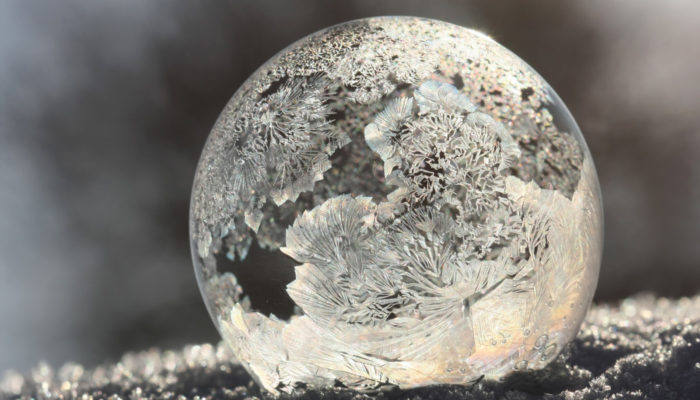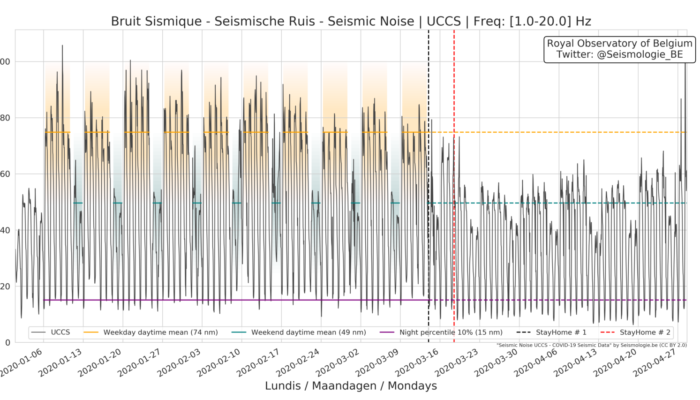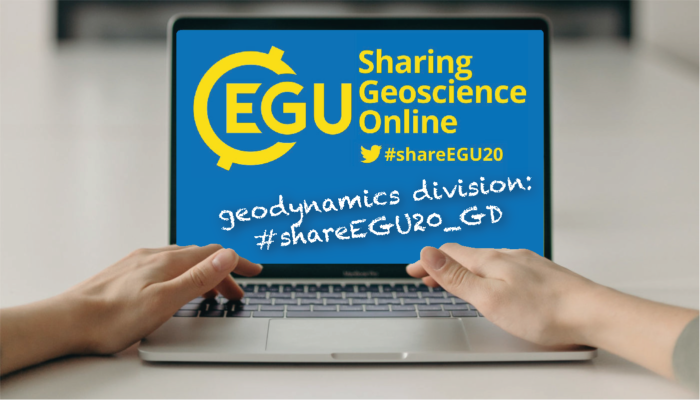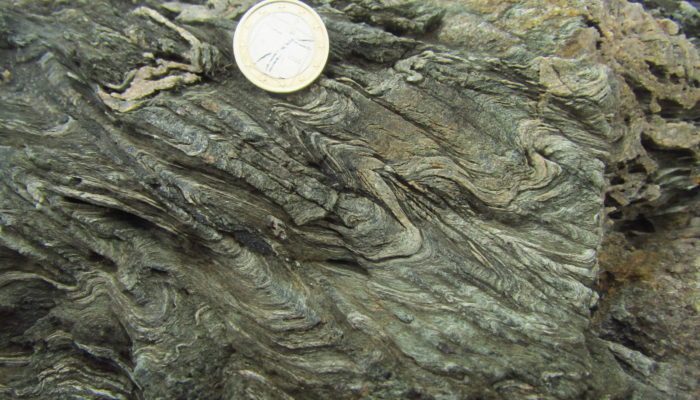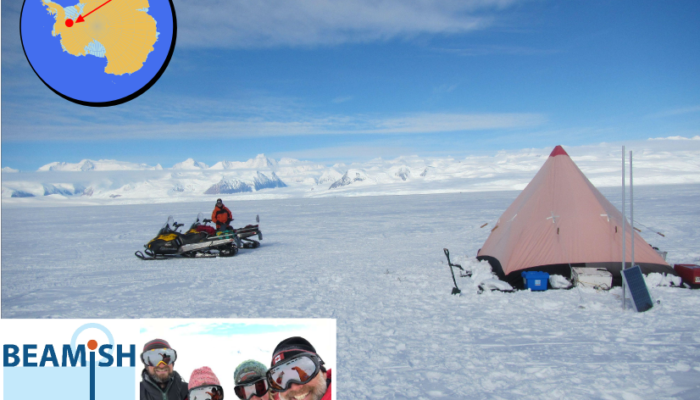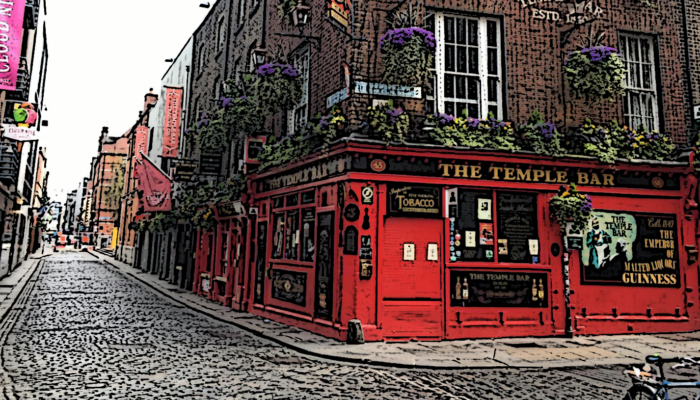Despite the current situation, the European Geosciences Union has decided not to give up on its most important event of the year: the EGU General Assembly. While they usually meet in Vienna every late April/early May, geoscientists will meet online this year! This event, called “shareEGU20” gives every interested geoscientist the opportunity to attend the EGU general assembly, free of charge and f ...[Read More]
Nonlinear Processes in Geosciences
NP Interviews: the 2020 Lewis Fry Richardson Medal Valerio Lucarini
Today’s NP Interviews hosts the 2020 Lewis Fry Richardson Medal Valerio Lucarini. Valerio (b. Ancona, Italy, 1976) is the Director of the Centre for the Mathematics of Planet Earth and Professor of Statistical Mechanics at the University of Reading, and former Professor of Theoretical Meteorology at the University of Hamburg. His main expertise is in Climate Dynamics, Extreme Events, Statist ...[Read More]
Tectonics and Structural Geology
Run-up to #shareEGU20 and ECS TS team news
The EGU Tectonics and Structural Geology (TS) Early Career Scientist (ECS) team usually write a blog post soon before the yearly EGU General Assembly. This blog post normally helps to highlight a few of the activities that will happen in the General Assembly. As the ECS TS Representative, and in this exceptional year in which the meeting will be virtual, I take this opportunity to provide (i) gene ...[Read More]
Seismology
The sound of Covid-silence
As lockdowns have come in place all over the globe, workplaces have closed, people are sticking to their homes, and perpetual traffic jams have reduced to a trickle [1]. This results in eerie sights, where the lone bypasser walking through deserted streets cannot but wonder whether they’ve accidentally missed the memo on the apocalypse. The world is coming to a halt and this results in… sil ...[Read More]
Geodynamics
#shareEGU20_GD: online EGU General Assembly highlights
In response to the growing concerns over the COVID-19 epidemic, EGU has cancelled the physical General Assembly in Vienna and will instead host EGU 2020: Sharing Geoscience Online (#shareEGU20), a week-long series of online activities during which attendees can remotely interact, discuss and share research. With the virtual GA looming in less than a week, it’s time for all attendees to finis ...[Read More]
Geodynamics
Join the EGU GD Blog Team!
We are looking for both regular editors and Sassy Scientist columnists for the new ‘EGU year’ (which, by our definition runs from the week after EGU GA 2020 up to and including EGU GA 2021, i.e., May 11, 2020 – May 2, 2021)! Being an editor is lots of fun and you will be welcomed in a small, but dedicated team. You will have the opportunity to meet lots of people from the geodyna ...[Read More]
Tectonics and Structural Geology
Features from the field: crenulation cleavage
In one of the former episodes of the ‘Features from the field’ series we have talked about foliations, and how they develop when rocks are pushed together by the movement of tectonic plates. It is quite uncommon, however, that tectonic forces are active in the same direction for an unlimited period of time. The rule, rather than the exception, is that the orientation of tectonic forces ...[Read More]
Cryospheric Sciences
Icequakes, the little brothers of earthquakes, what do they tell us about ice flow?
Each day, several tens of tiny earthquakes happen beneath Rutford Ice Stream in Antarctica. These events are so small that no human would be able to feel them – yet, scientists can use recordings of these so-called “icequakes” to obtain valuable information on the way ice flows in Antarctica. Read on to find out how… What are icequakes? So we’ve all heard of earthquakes, but what ...[Read More]
Seismology
Back to normality (?)
I imagine that in a couple of months European countries will give the green light: the restrictions and social-distancing will be relaxed and people will step out of their houses. Blinking into the bright summer sunlight in the Northern Hemisphere, they will lift a hand towards the sun to shield their sensitive eyes unaccustomed, after weeks and months of lockdown, to the natural light. Pe ...[Read More]
Geodynamics
The Sassy Scientist – Mic Muting
After asking many times whether or not I can hear him and just generally struggling to communicate, Noel finally manages to ask: On average, how many times is ‘Can you hear me now?’ uttered during a conference call? Dear Noel, Unlike the ritual of – the almost spiritual – sharing of screens, the accidental muting of the microphone and the associated questions varying on the theme of &# ...[Read More]

